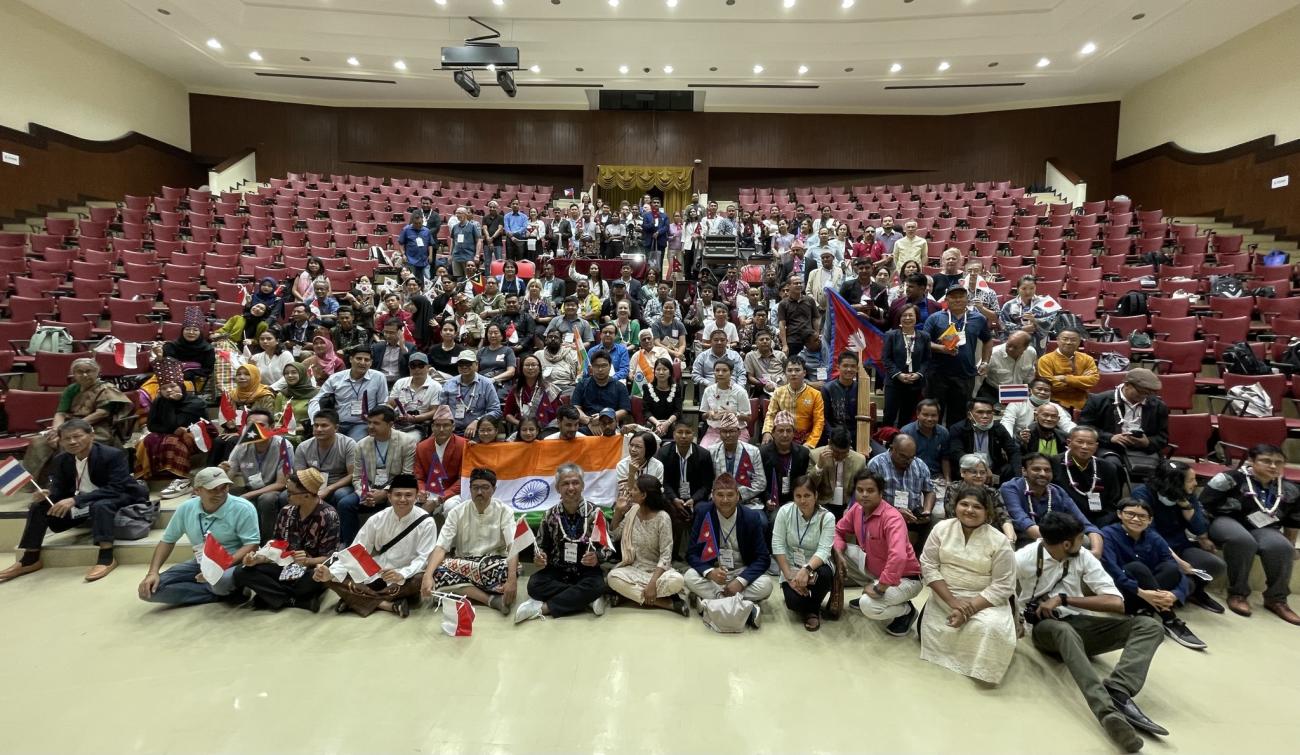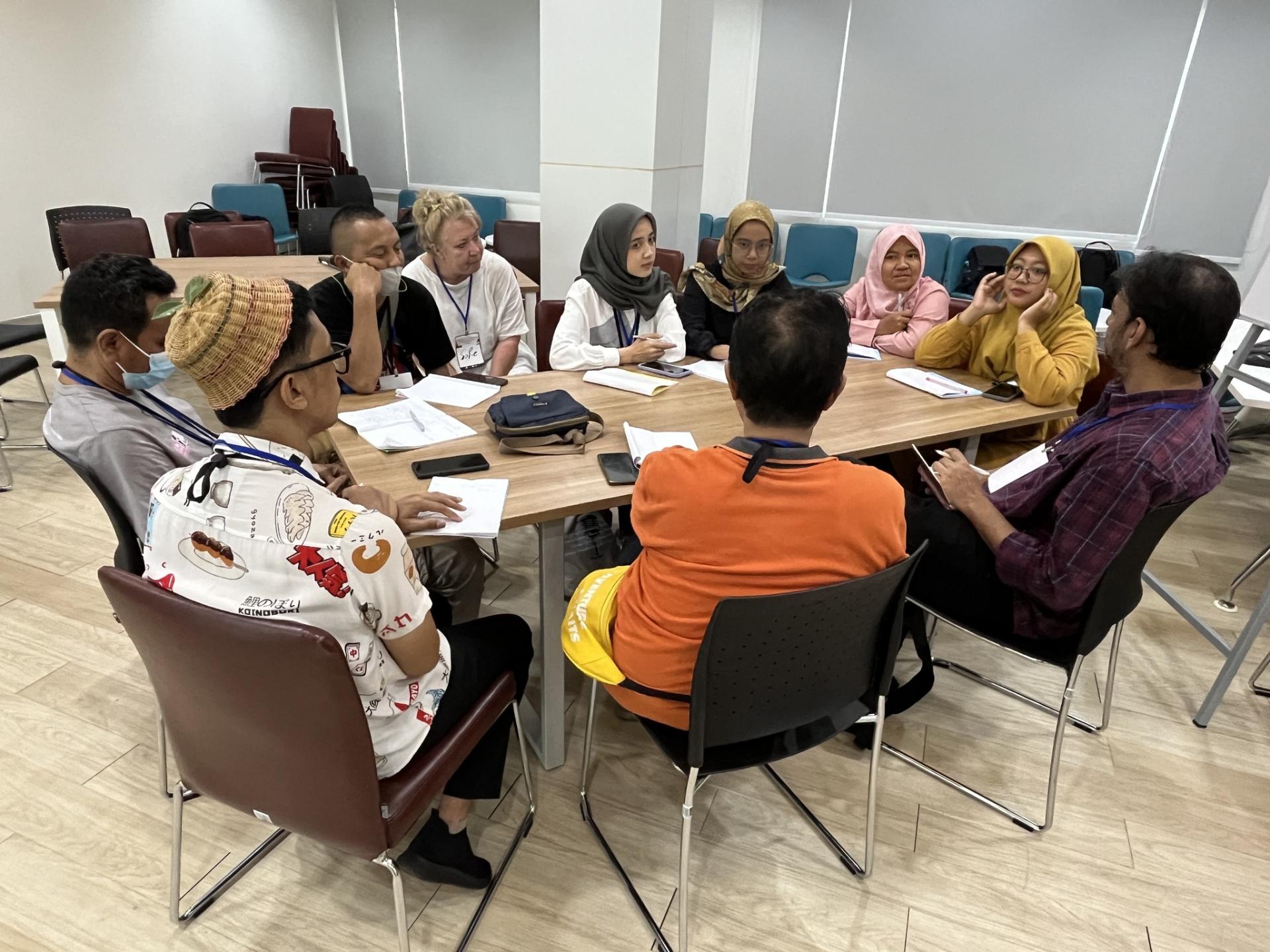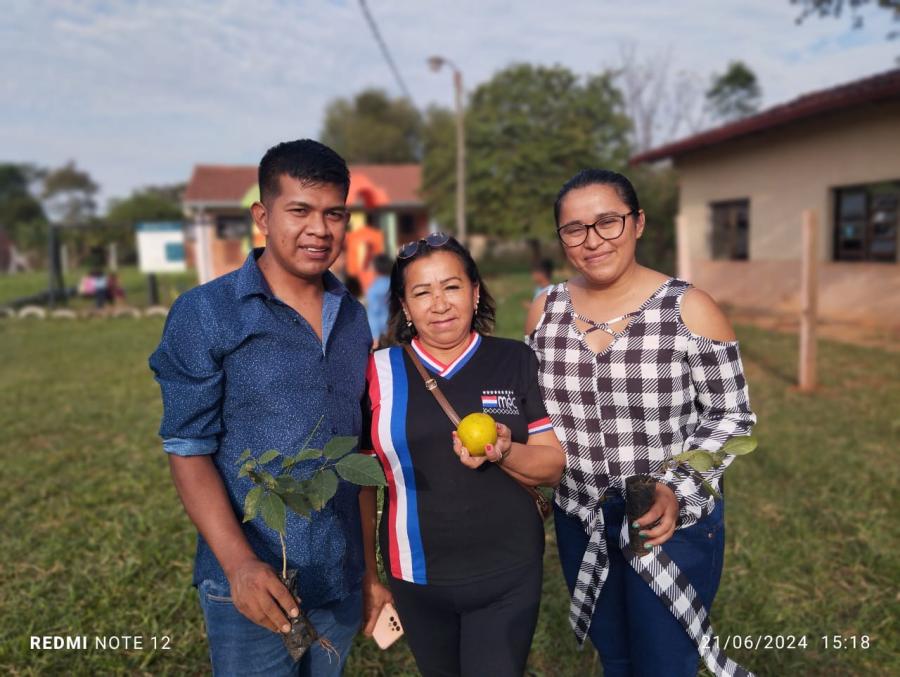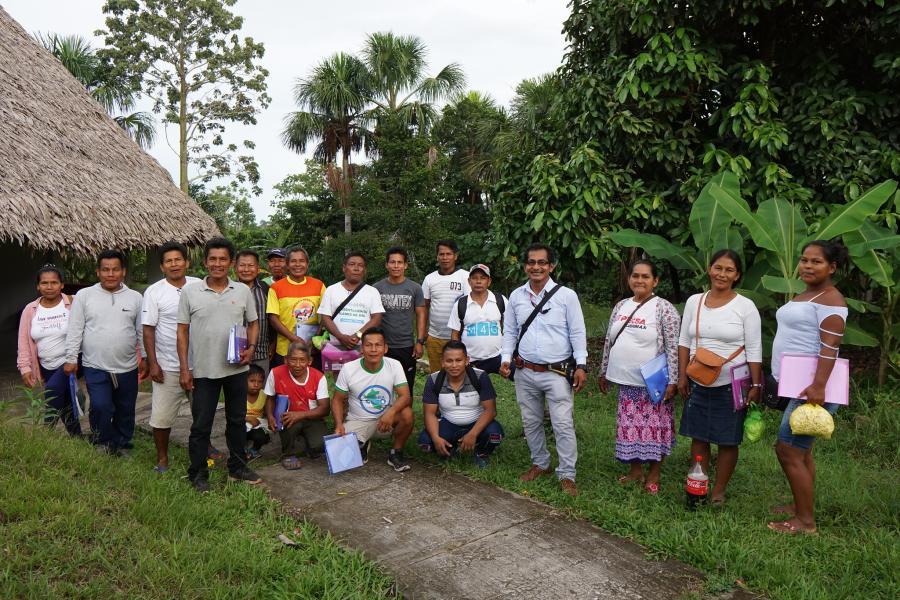
The 5th AMARC Asia-Pacific Regional Conference in Bangkok united over 150 participants from 18 countries to celebrate the power of community radio. During the four-day conference, participants shared experiences and lessons culminating in the Bangkok Declaration, which urges collaboration among community radio, regional bodies, and the UN, highlighting the role of community radio in achieving democracy and realizing Indigenous rights. The Conference served as a testament to the enduring power of community radio in promoting human rights, social development, and amplifying diverse voices.
One of the key highlights was a meeting focused on Indigenous community broadcasting. Main themes of the meeting were the coverage of traditional health practices and advocacy of land rights. Participants overcame the challenges of language barriers and limited representation to share success stories, which were inspiring for all. Participants were particularly impressed by Nepal's use of community radio for disseminating COVID-19 information in Indigenous languages.

Another notable session was an expanded workshop initiative funded by Cultural Survival that addressed issues of gender equality and climate change in digital transformation, social media, and podcasting. Shivanand Nautiyal of CR Mandakini Ki Aawaz in India found the discussions on gender and Indigenous broadcasting particularly insightful: “The session connected gender concerns and Indigenous broadcasting, which is very useful in practice.” Tona Samrith from Cambodia’s Women’s Community Voices 89.5 FM expressed appreciation for the focus on Indigenous broadcasting as well. “I am humbled by the experiences in other countries,” she said.
Participants also spoke highly of the project’s emphasis on strengthening stations’ capacity building and networking. Interactive sessions aimed to equip participants with practical skills in audio editing and online streaming. Bhakta Syantang from Nepal’s Namobuddha FM highlighted the project’s ability to bridge generational gaps. “The sessions were engaging,” Syantang said, “and the focus on bridging generational gaps was practical.” Buddhiman Pun from Radio Rapti in Nepal echoed the sentiment. “There were also strategic meetings, which I believe are rare opportunities to learn about ongoing initiatives,” Pun said.
The conference’s success paves the way for a robust follow-up strategy. Organizers are committed to addressing participants’ needs through ongoing knowledge exchange, mentorship programs, and impact assessments. This strategy will also highlight success stories and best practices to inspire future endeavors, while advocacy efforts will focus on policies that support and strengthen community radio across the Asia-Pacific region.



